art is my voice
Faith Ringgold, Rose M. Singer and For the Women’s House
A Woman to Know profiles once-forgotten women from history. To support this work, become a paid subscriber. You’ll get access to the subscriber-exclusive Friday editions, but you’ll also be able to read the entire back catalogue — that’s nearly 10 years of women to know!
Wanna get in touch? Reply to this newsletter.
NEW YORKERS: TODAY IS VOTING DAY. GET OUT THERE.
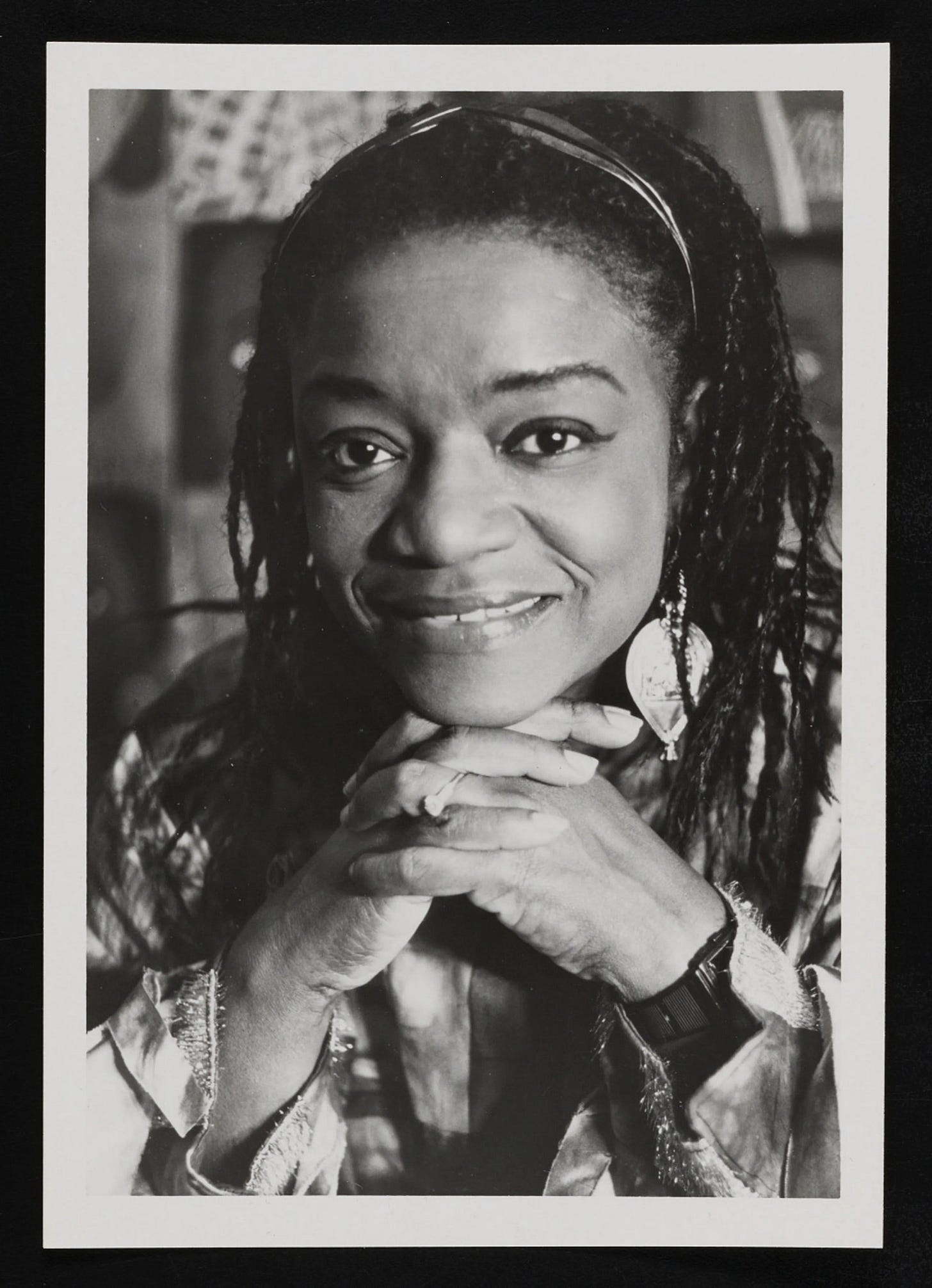
I recently attended a screening and talkback for Paint Me a Road Out of Here. The documentary tells the story of For The Women’s House, a 1971 painting Faith Ringgold created for the women incarcerated on Rikers Island.
I’m a big Faith Ringgold fan, and her death last year felt like such a loss, for both the global art world and the activist community to which she belonged. Even in her 90s, she agitated for change, protested for equal rights and made art about what she believed.
This quote of hers is one of the guiding principles of my artistic practice:
I think of my art as my voice. It's what I have to say about the world I live in, and it's about who I am and what I would like things to be. Art is my voice. And I'm going to say what I want to say, no matter what people tell me to do.
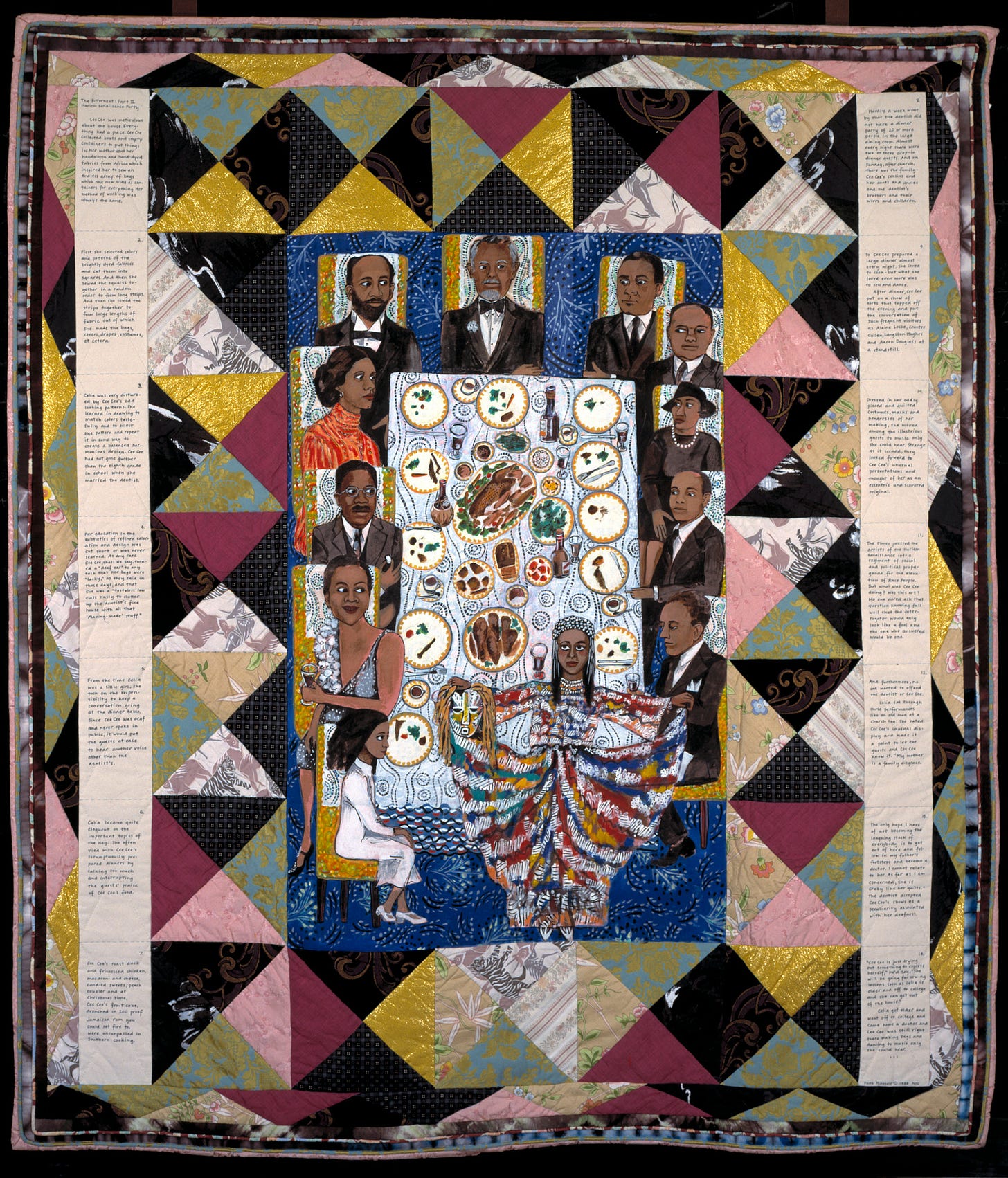
Faith grew up in Harlem and in her 30s, inspired by the 1960s civil rights movement, she created her own style of painting: “Super Realism.” “Super Realism” can be uncomfortable — some of her paintings are bloody and violent. But the discomfort is real, because the blood and the violence are true-to-life.
Faith often collaborated with her mother and daughter on paintings, sculptures, “story quilts” and other multimedia artwork embracing antiracist and feminist themes. As she later said, “"Art records history and records the present.”
In 1971, Faith painted her first public commission, For The Women’s House, to be displayed on the walls of Rikers Island’s Rose M. Singer Center — also called the women’s jail, the women’s house or “Rosie’s.”
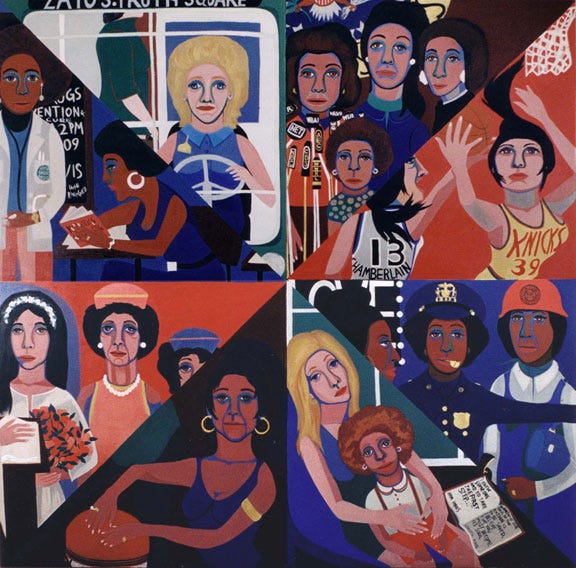
Before Faith painted For the Women’s House, she met with women held at the Singer Center. What did they want from a piece of art? “Paint me a road out of here,” one woman told her — and Faith did just that. Each quadrant of the work depicts a woman at work: driving a bus, teaching a class or even playing for the Knicks. A voyage of possibility, for every viewer.
The women incarcerated in the Singer Center told Faith of how they were abused, harassed and held in dehumanizing conditions — and sadly, women there still are. Rose M. Singer’s own granddaughter has called it “a torture chamber” and called for Rikers to close. She condemned the state of the women’s house in this 2020 editorial:
The Singer Center was designed to reflect the work of my grandmother who served for decades on the Board of Correction, a watchdog group, and was an ardent activist for jail reform. It is always a tragedy when women must be detained. But it was my grandmother’s wish to provide these women with an environment conducive to their returning as productive and responsible members of society.
The painting itself goes on quite a journey — I won’t spoil the documentary for you (catch a screening if you can). But on a day like today, it inspires me, as it has inspired many, many, many others. There’s a road out of here.
More on 🖼️:
The Memoirs of Faith, by Faith Ringgold (really recommend buying her children’s books for the kids in your life! Tar Beach is a classic)
Faith Ringgold Will Keep Fighting Back, The New York Times
Film: Paint Me a Road out of Here, The Brooklyn Museum
Faith Ringgold’s Gift to Prisoners, The New York Times
The Women’s Jail at Rikers Island Is Named for My Grandmother. She Would Not Be Proud, The New York Times
How Faith Ringgold’s mural for incarcerated women escaped Rikers Island, The Art Newspaper
More from me:
I’ll say it again for all my New Yorkers: DON’T FORGET TO VOTE TODAY!!!
A friend and colleague recommended The Decagon House Murders and while I looooove a good ole whodunit, the ending did the thing I find most annoying in whodunits: got needlessly complicated just when things were getting juicy. But I absolutely adored Mattie Lubchansky’s Boys Weekend — truly a horror comedy that should be on everyone’s summer reading list!
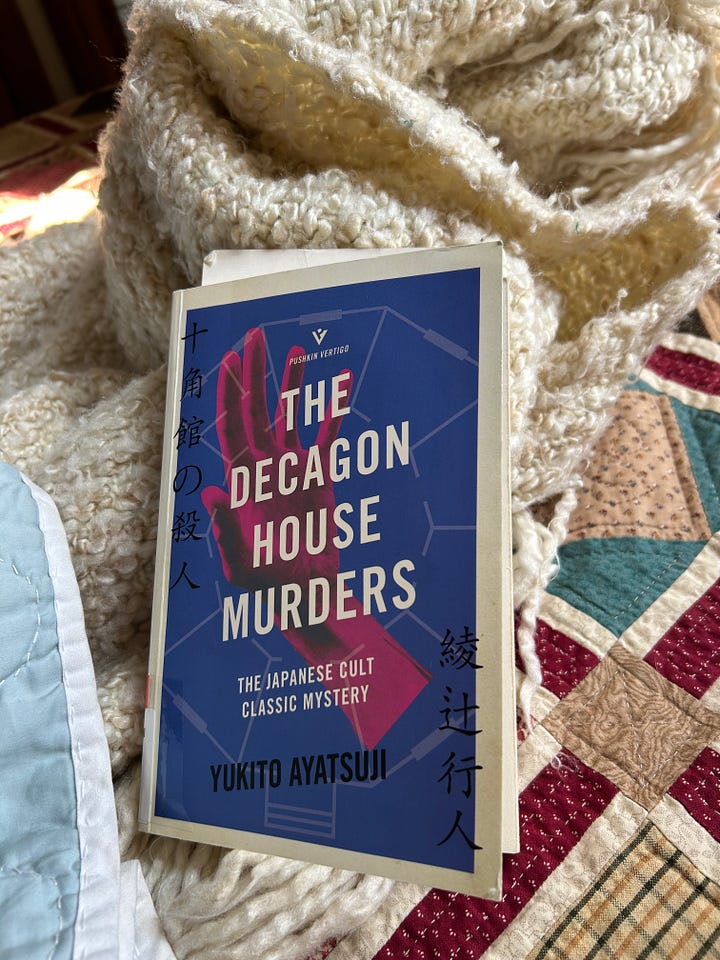
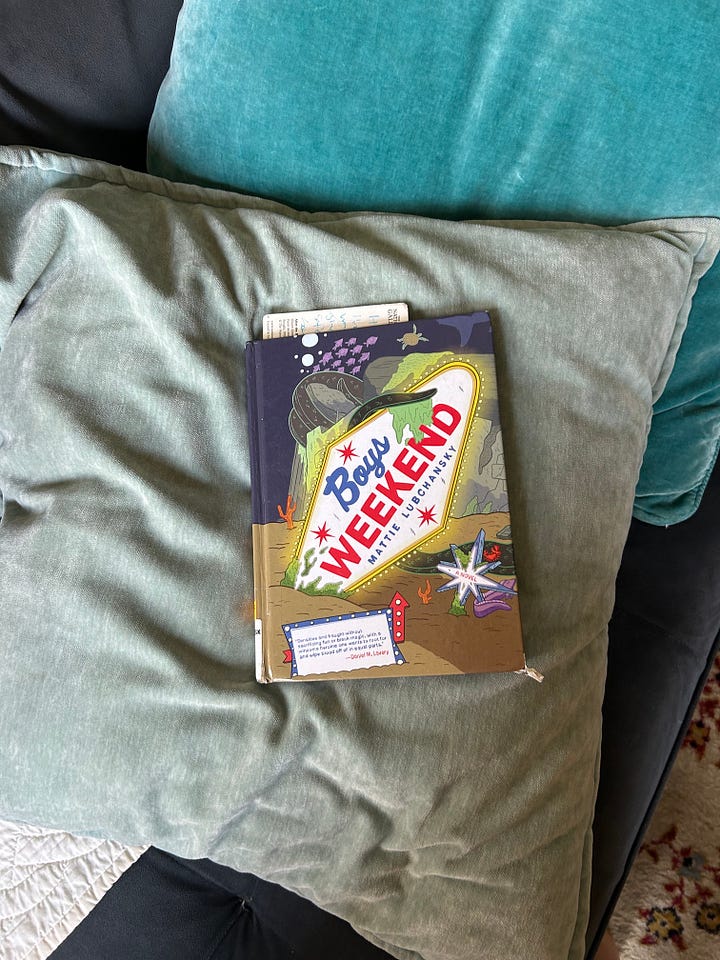
My latest WSJ column is a horror story of another kind (it’s about recessions).
I’m guest-hosting Your Money Briefing this week so tune in to get my voice in your ears!



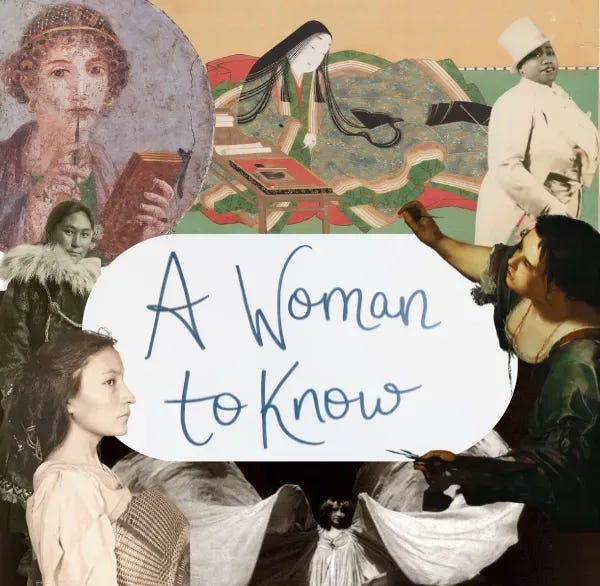
I'm always told I'm a free subscriber and I'm pretty sure I'm a paid subscriber. ???